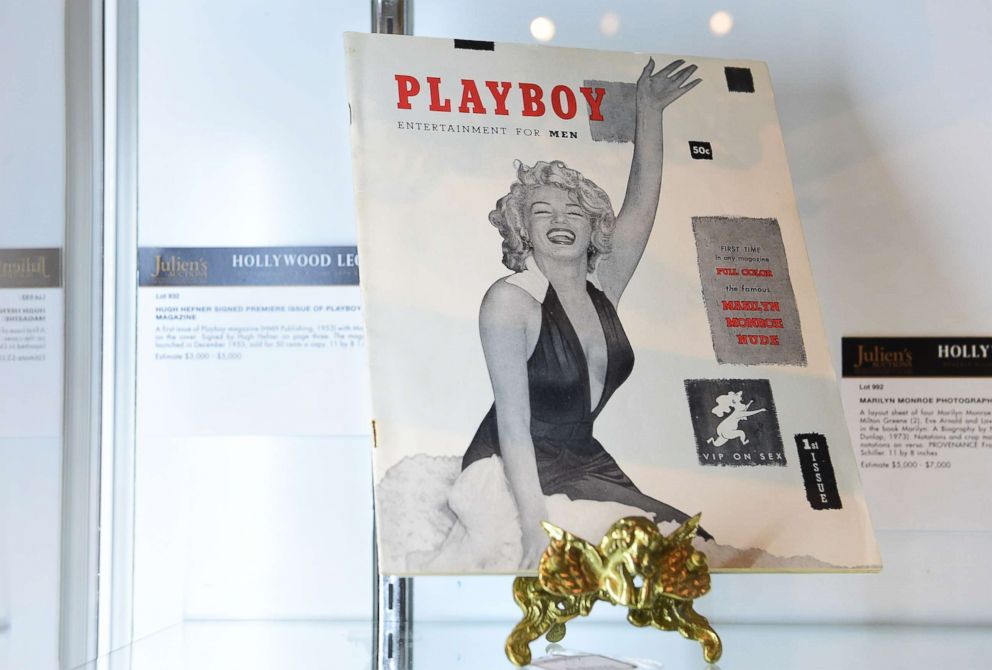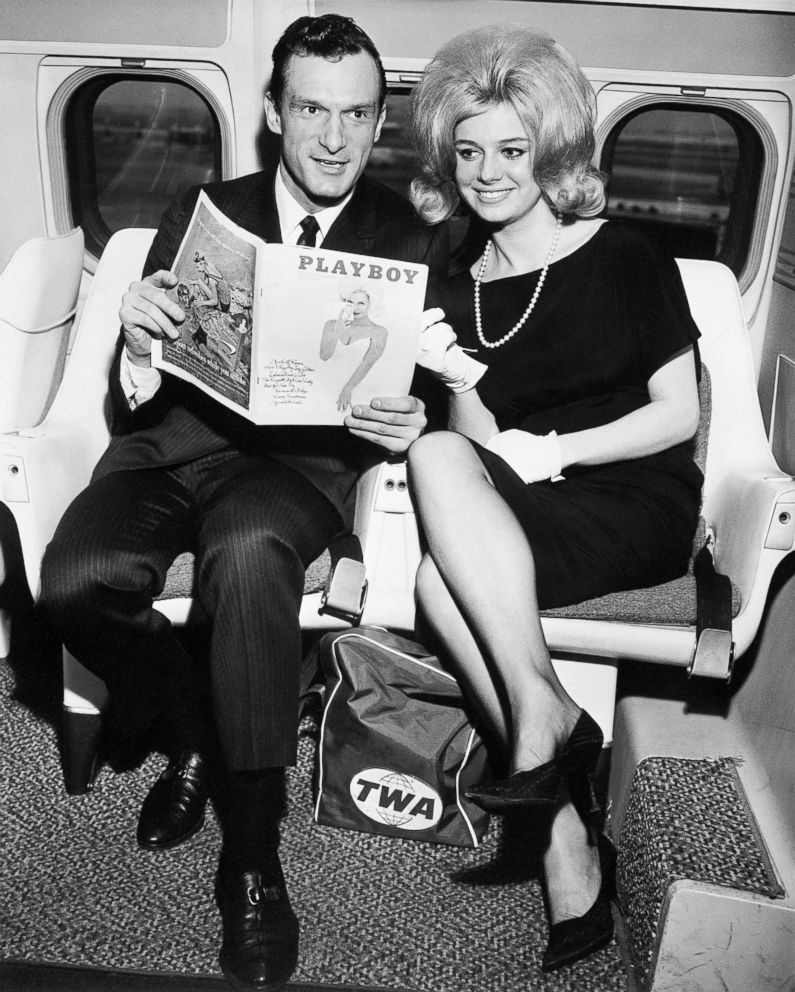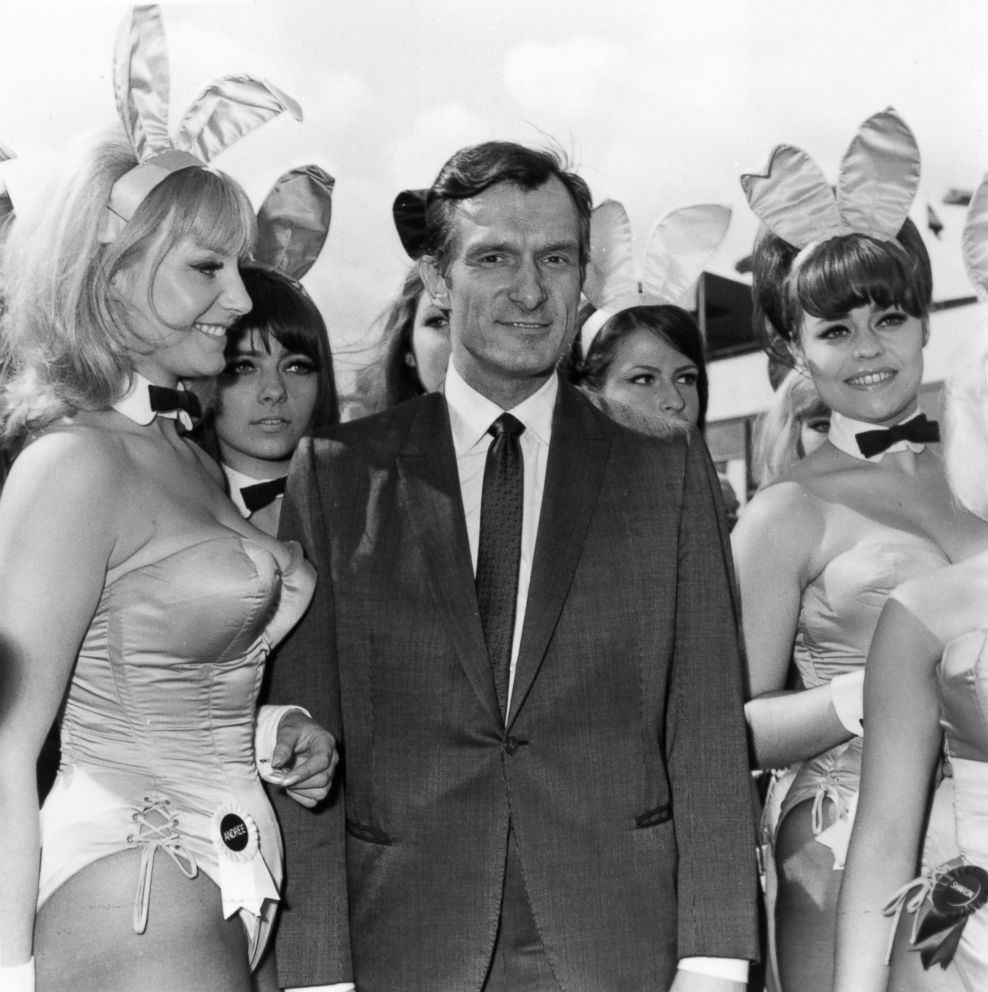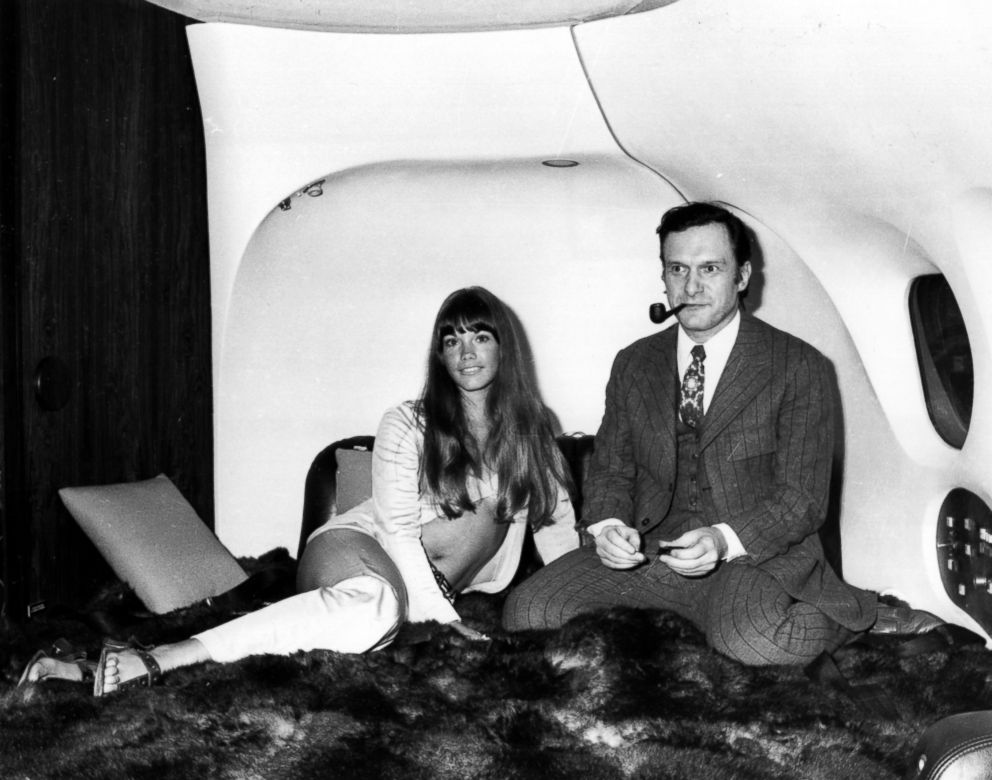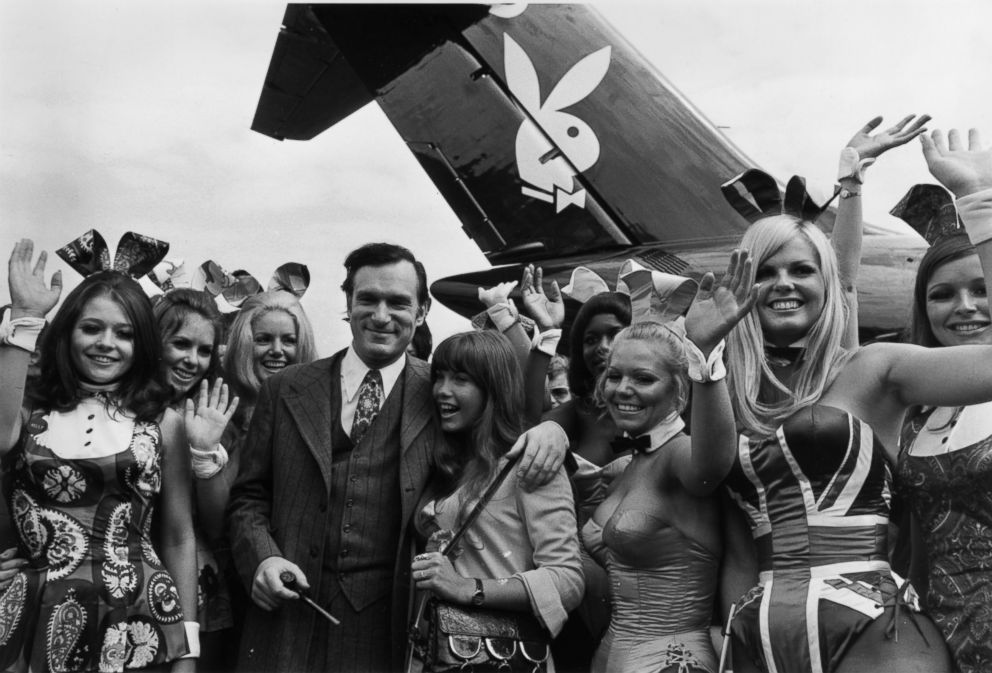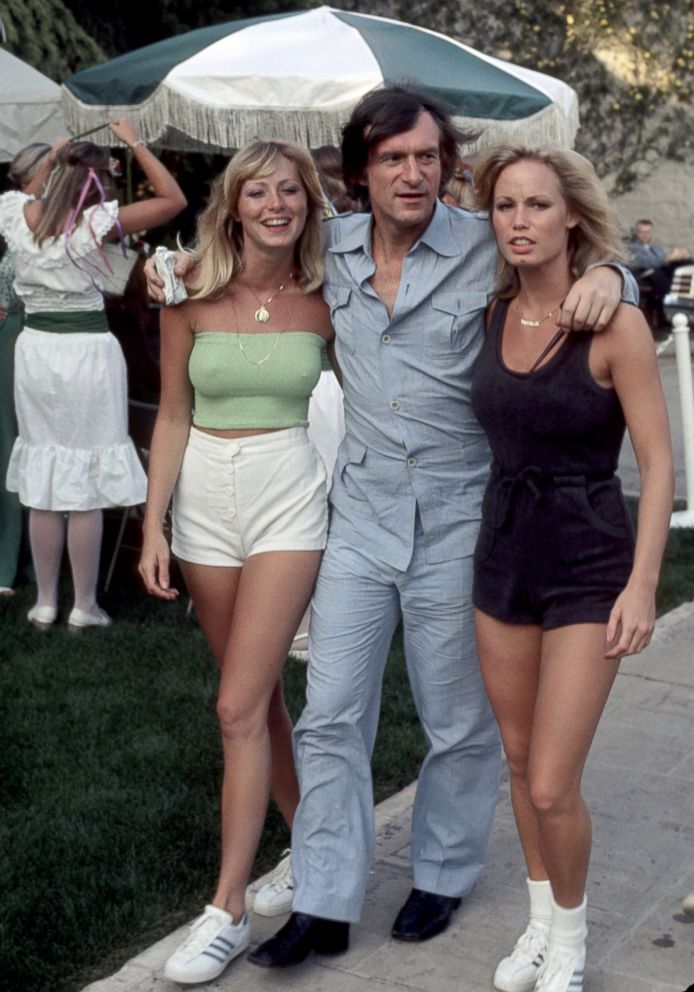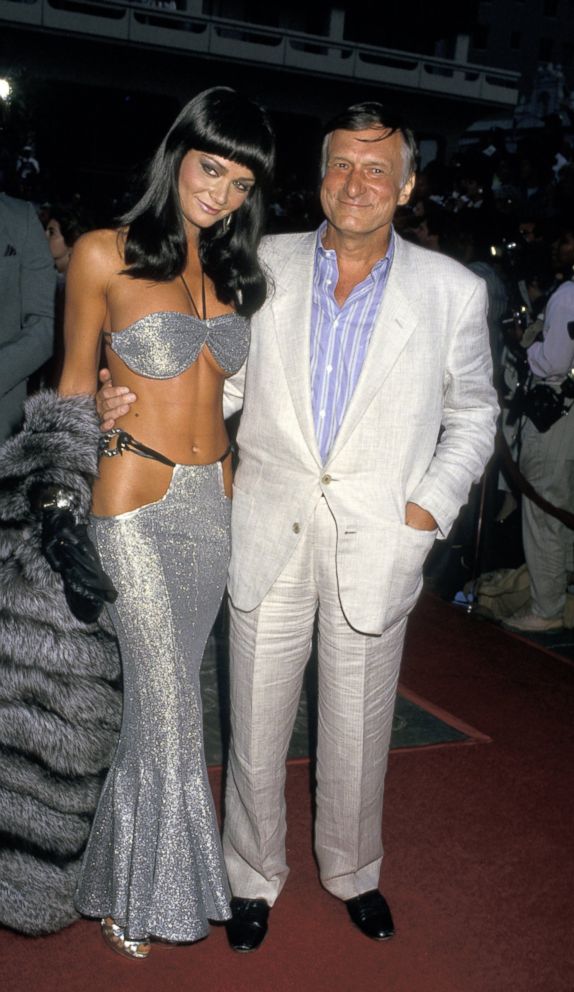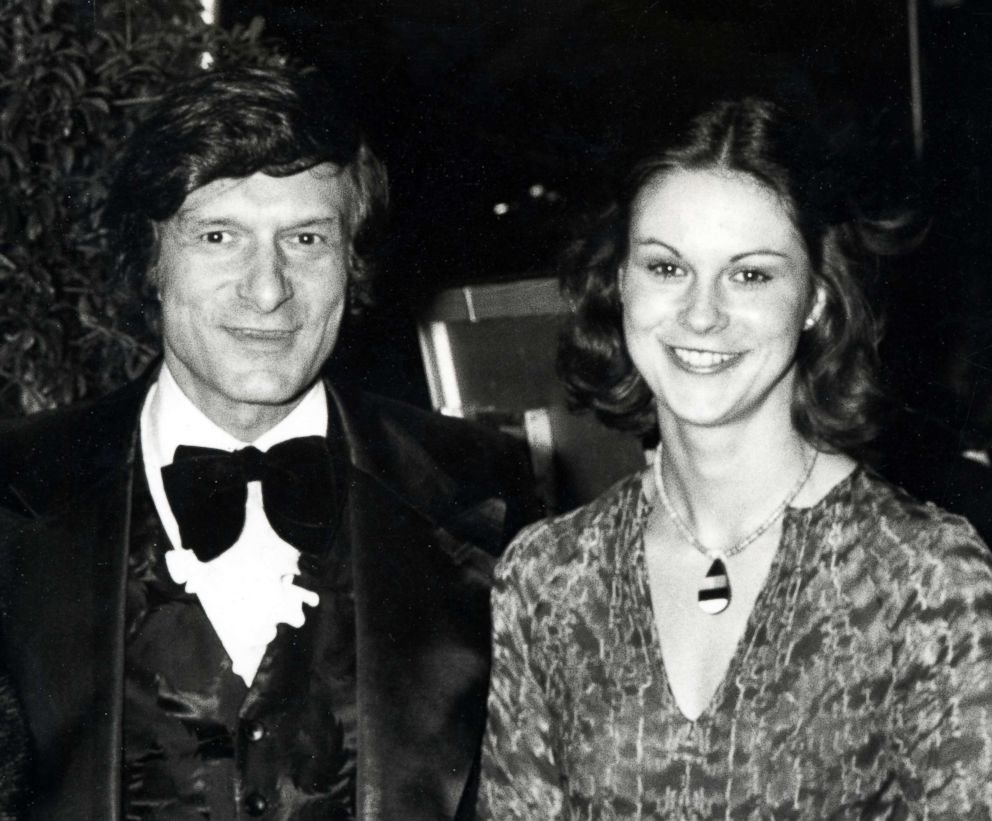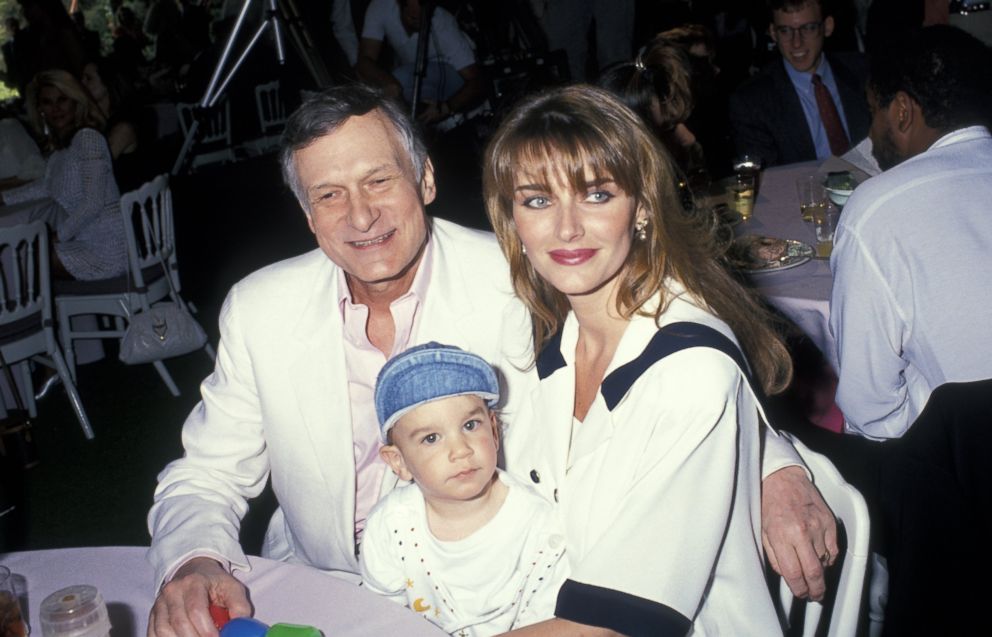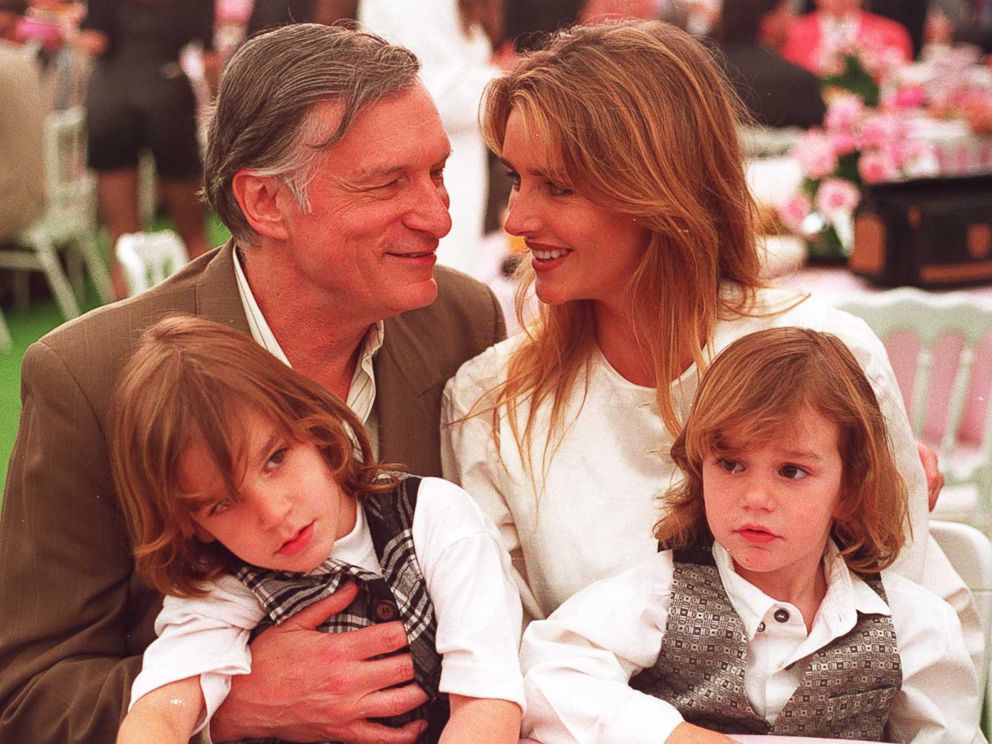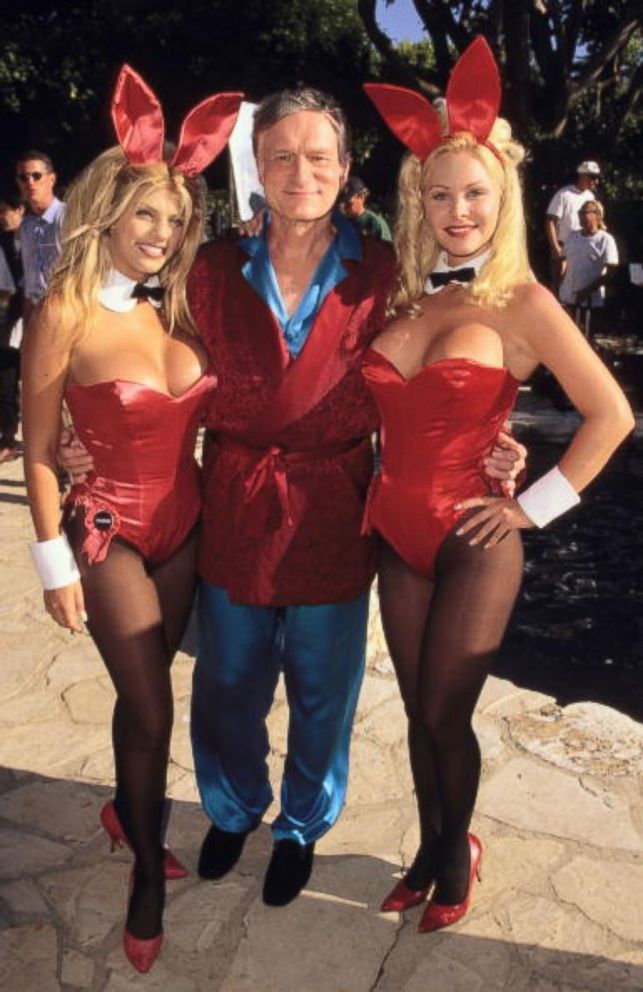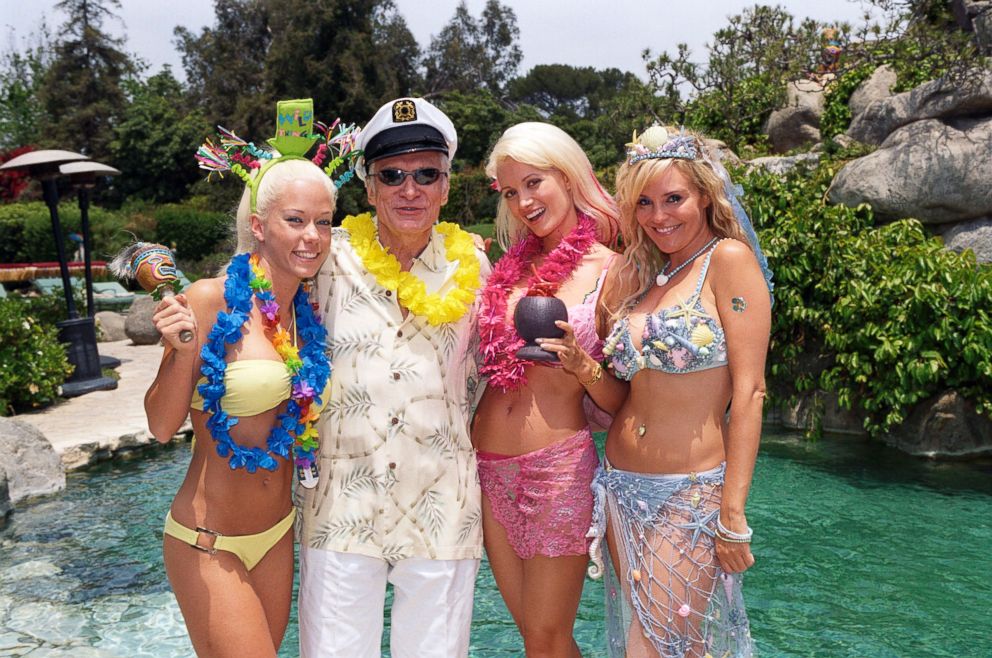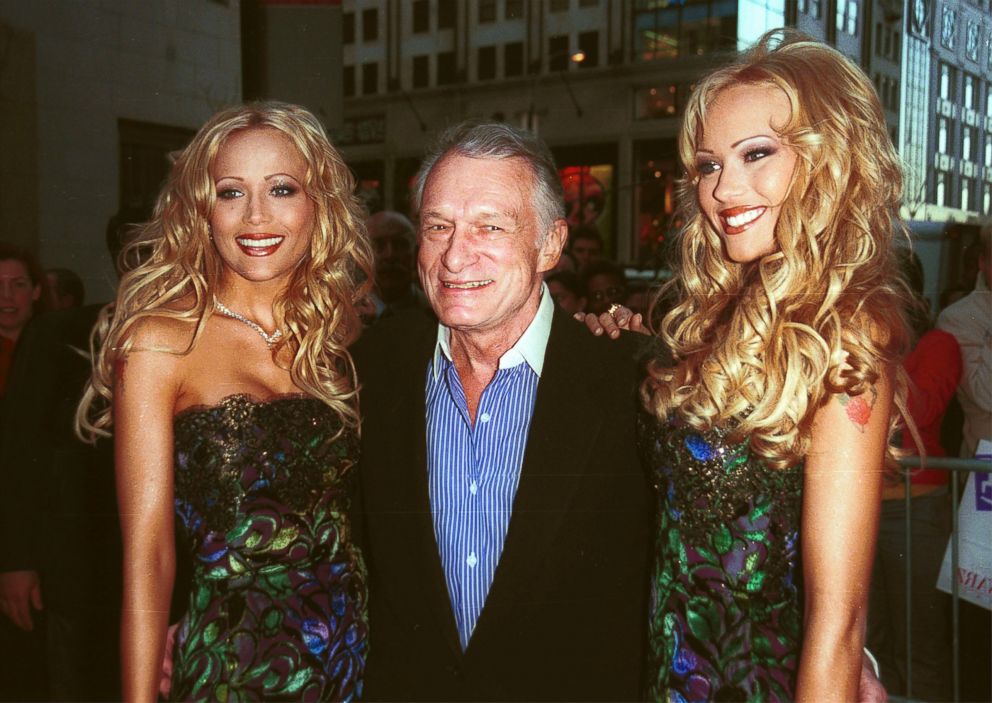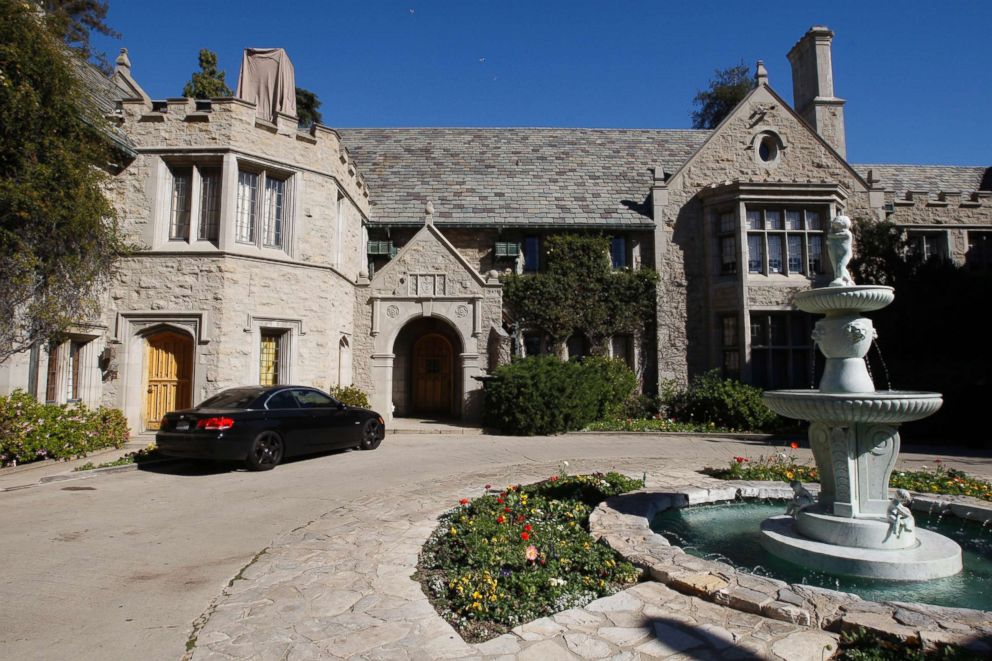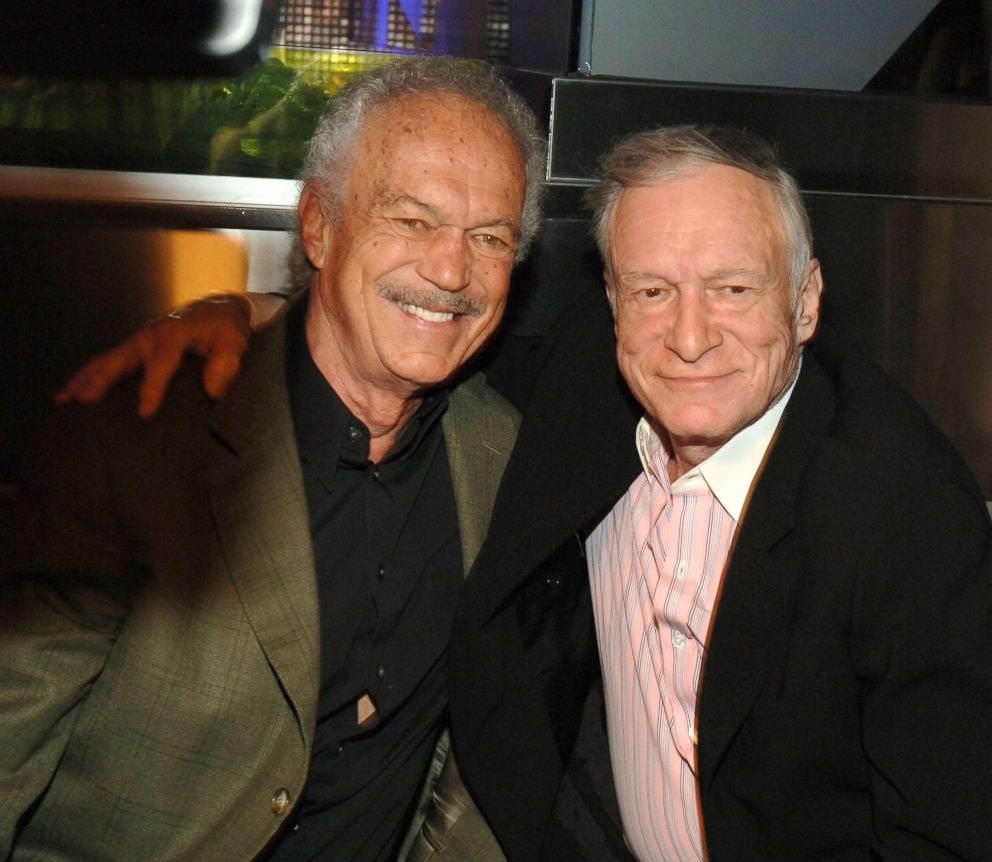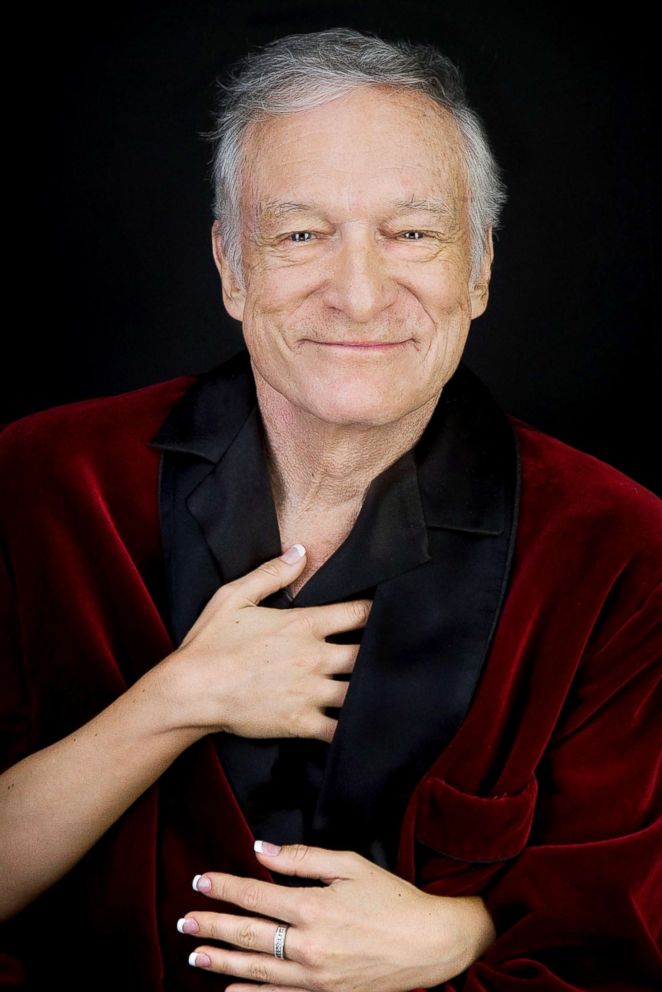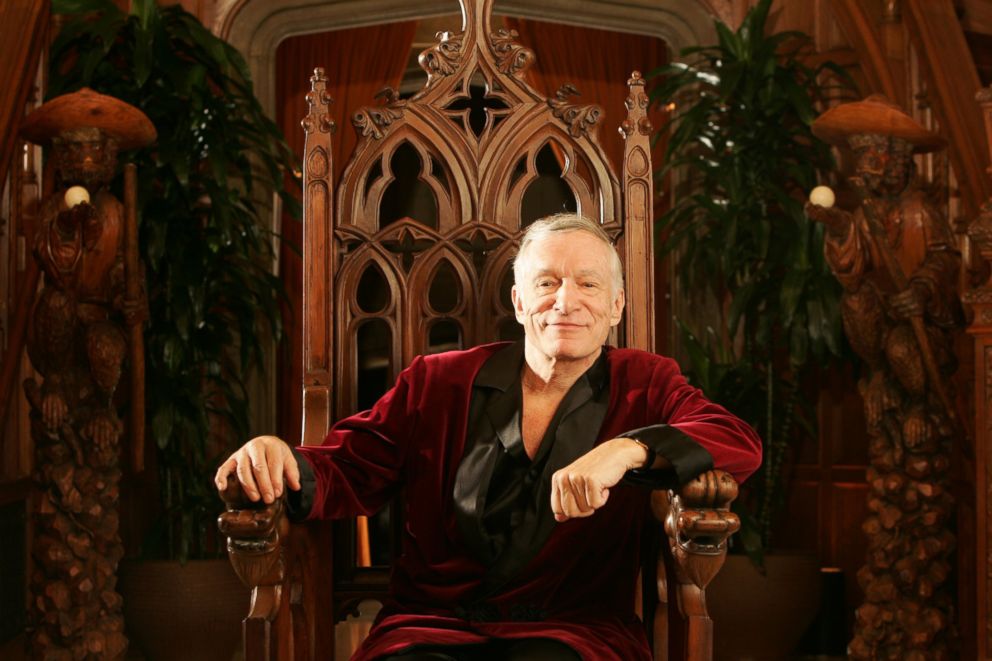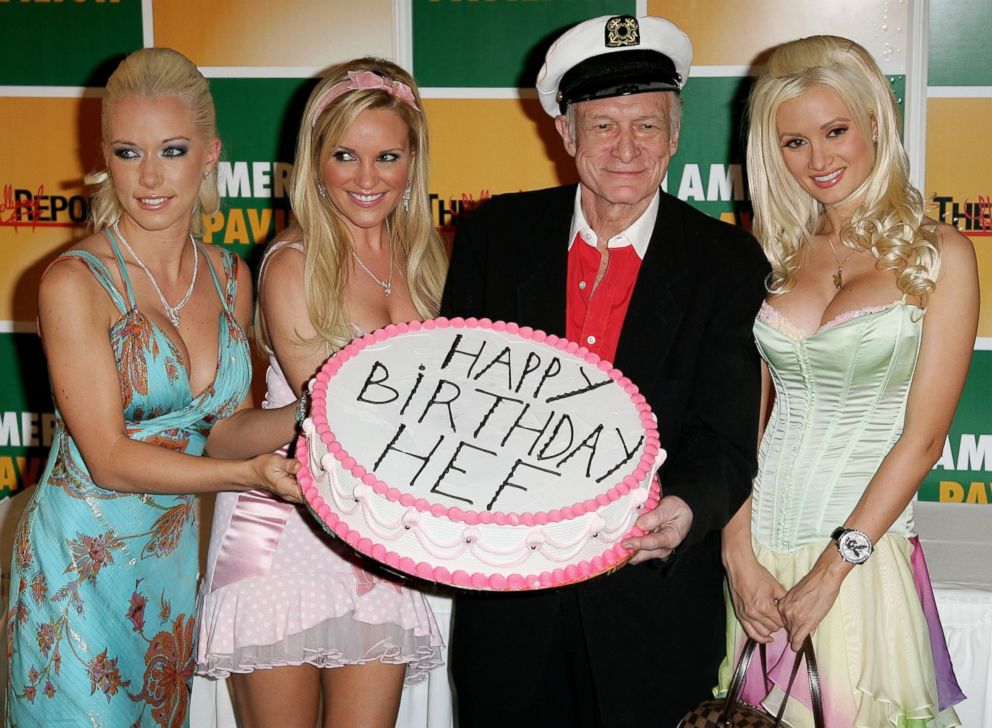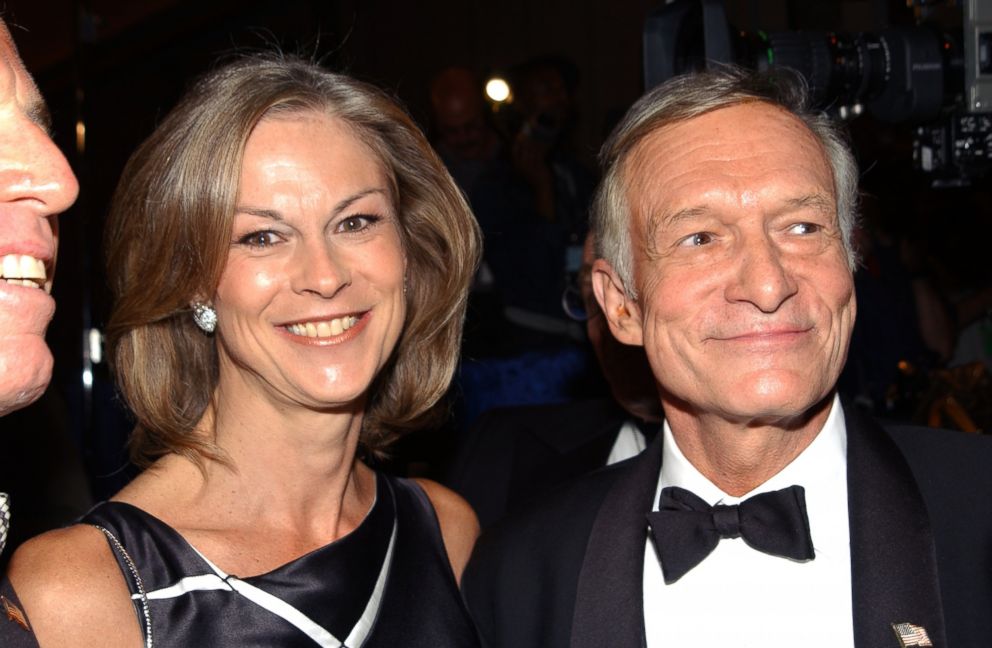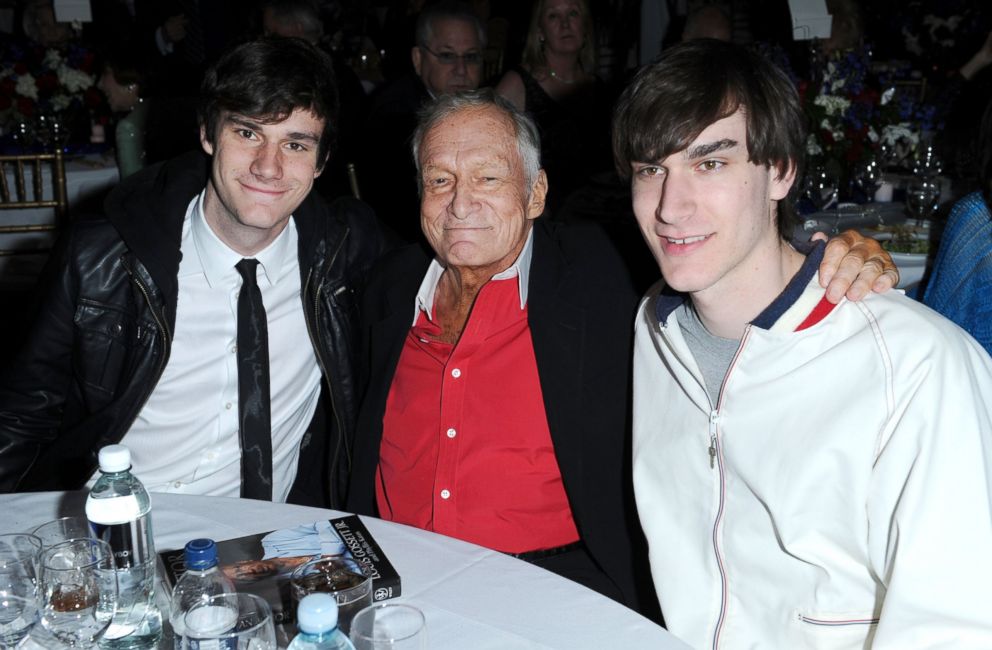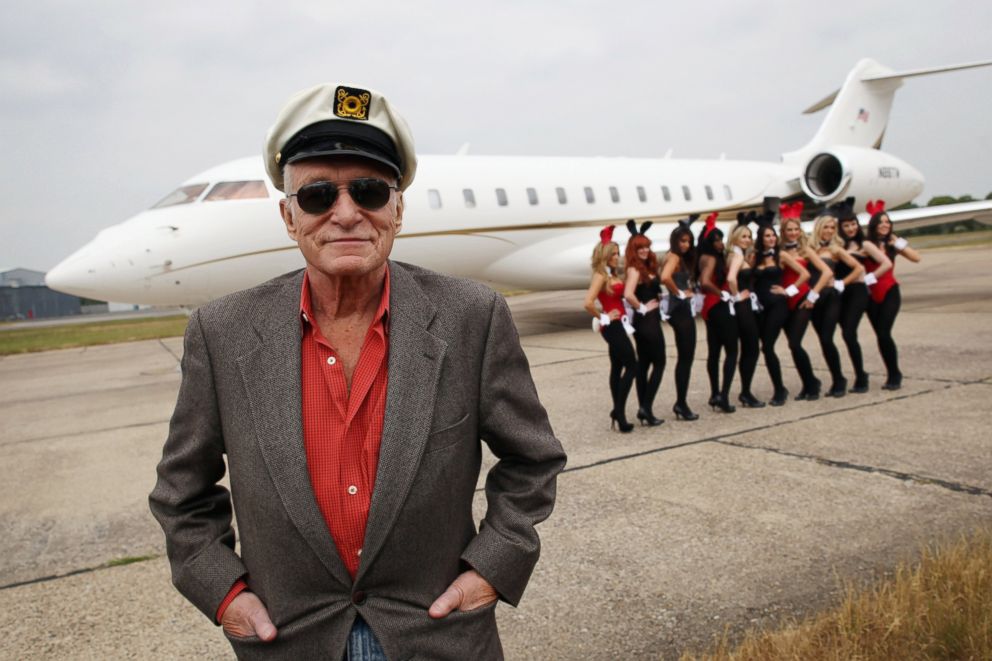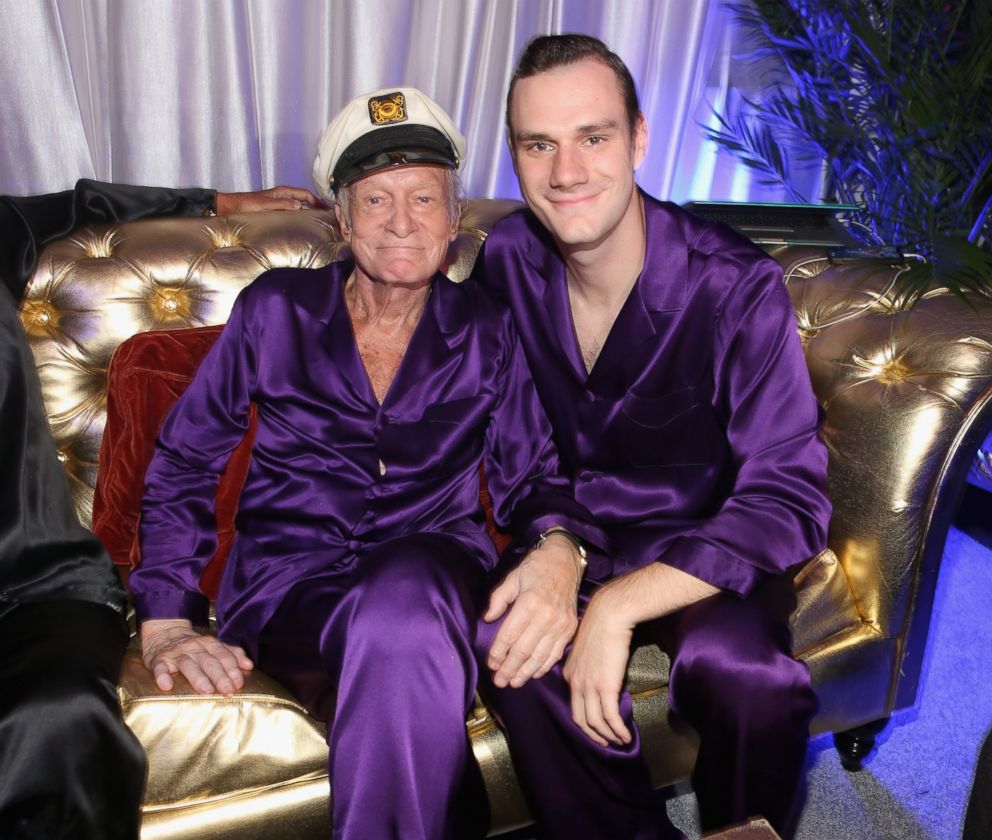Reporter's Notebook: A dissent on Hugh Hefner, the 'revolutionary'
The Playboy founder transformed US commerce, not sex.
— -- Hugh Hefner loved to proclaim himself the great revolutionary of sexual liberation in our country, the Che Guevara of the American phallus.
But that slick and vain self-portrait tells only part of the story, and that at a slant.
Hef was a huckster of sex, out from the start to make a buck off of the mid-century American male's sexual dreams and desires, which back then, at the dawn of the Big Media age, were bursting the seams of his gabardine slacks. Hef was more like the Barnum of the bedroom than any kind of revolutionary.
It was always about money. And Hefner's pecuniary interest in stoking sexual desire matters. Playboy didn't transform American sex; lots of things did that. Playboy transformed American commerce.
Hugh Hefner, Playboy founder and pop culture icon, dead at 91
Inside the marriages and family life of Hugh Hefner
What Hef really accomplished was the modern-day commodification of the body, stripping it (literally) of the societal protections that the old customs of modesty, and the old taboos against the (public) degradation of women afforded.
After Playboy, mega-corporations and media empires made untold trillions exploiting and sullying some of the most precious and joyful aspects of the human person -- desire, delight, fantasy, flesh, and, yes, even love.
A Niagara of imagery of unprecedented volume, velocity and salaciousness cascaded into first American, then global, culture. Everything sexual had a dollar sign attached. And a perfectly retouched face or a perfectly photoshopped body.
This matters, too. Because a real sexual revolution, true liberation, would be natural, not commercial. It would be about us, as we are, men and women, each of us so various in the gift of human sexuality. So imperfect. So joyful. So free.
Hugh Hefner through the years
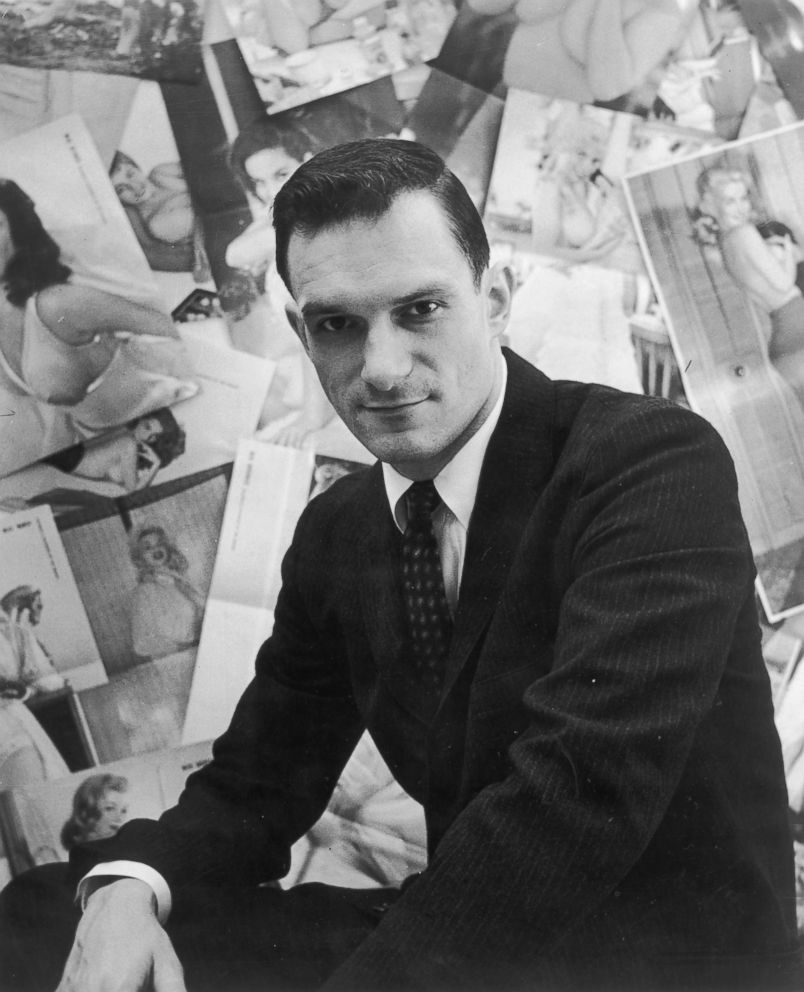
Sounds sappy, I know, hopelessly idealistic. But it's been said before in America. The hippies -- maybe they were onto something, maybe they were our real sexual revolutionaries, disavowing the money and the slick packaging and all the corporate-sponsored conformities.
"Make love, not war!" That's still pretty radical. (And it's worth remembering here that in Stanley Kubrick's classic movie "Dr. Strangelove," made when Hefner's influence was nearing its peak during the Cold War, the bomber pilot character Major T.J. "King" Kong is seen perusing a Playboy while at the controls of his nuclear-armed B-52.)
Hefner's nervous smirk betrayed the hustle. A tense man pretending to be a relaxed man. The bathrobe? The pipe? C'mon. Any guy with all that paraphernalia has issues.
In the end, the world turns, fashions change, and, when we're lucky, a little genuine humanity wins out. I've been struck today looking at social media by the swift, almost indifferent, dismissal of Hefner posted and shared by many younger users of Twitter and Facebook.
To a younger generation, that guy who tried so desperately hard to be cool in the last century has become hopelessly square, his legacy of a puerile fantasy of male empowerment and female objectification irrelevant to their hopes and dreams today.
America, in a sense, still awaits its moment of true sexual liberation. When we get there, we will likely find a 19th century revolutionary to welcome us, a bearded hipster with an open shirt and an insouciant expression who was always way ahead of all the Hefners. And Walt Whitman will laugh at us, and maybe offer a line or two:
"Without shame the man I like knows and avows the deliciousness of his sex,Without shame the woman I like knows and avows hers."
